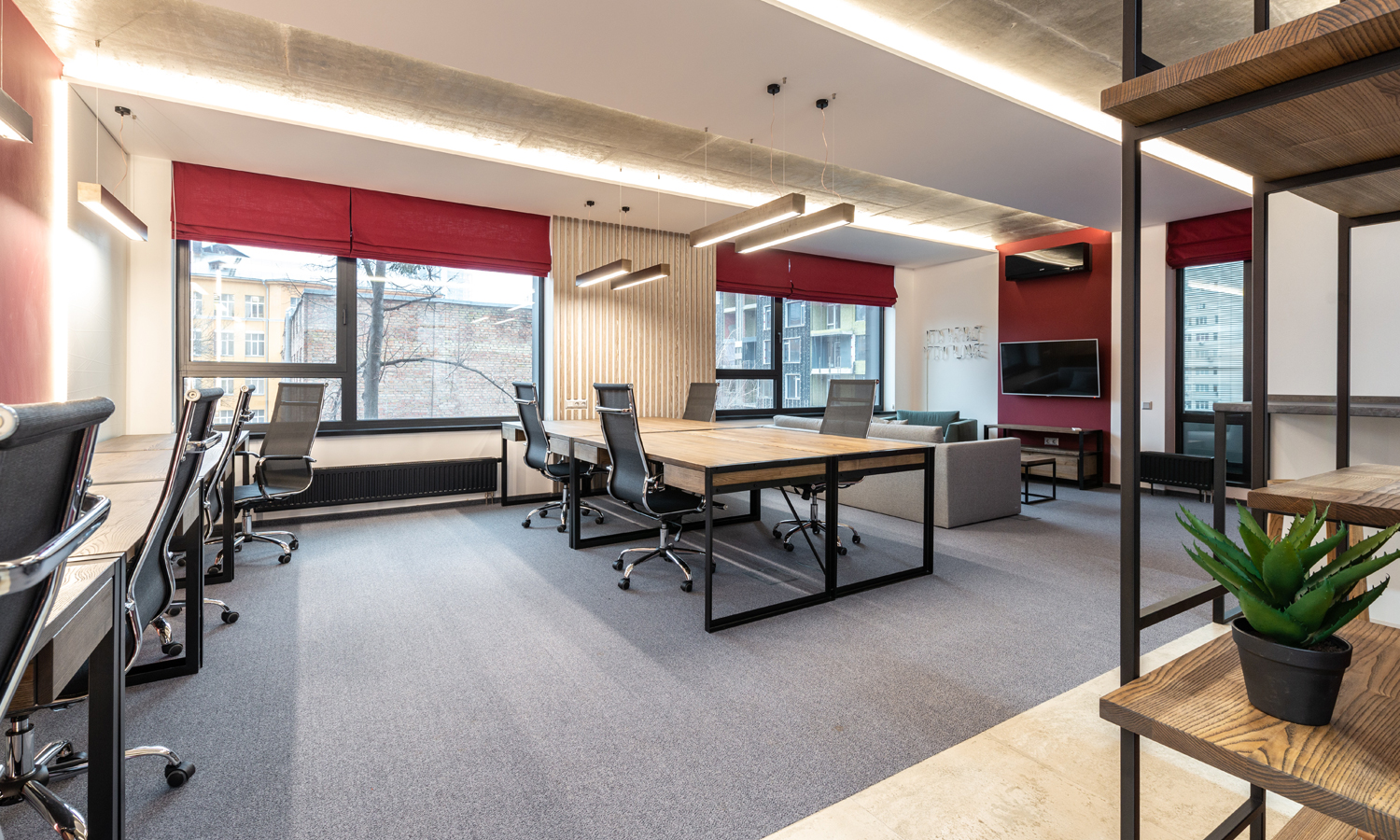Prepared by Richard Plehn and Hal Coopersmith
Use Clause
With respect to a use clause, there is a distinction between retail and office leases. In a retail setting a landlord wants control of the shopping environment. In an office setting a landlord may only want to prohibit certain uses that can be burdensome on a building or other tenants.
For example, in a shopping center, the tenant may want to have the exclusive right to sell a certain type of merchandise, however the landlord may not want to give the tenant that right so the landlord can lease spaces to similar tenants.
A use clause in a commercial real estate lease is an essential provision that specifies the allowed activities or businesses within a leased space. This clause dictates how the tenant can use the property, ensuring that the intended use is in compliance with zoning regulations and aligns with the landlord’s overall vision for the property.
Permissive Use Clause
A permissive use clause states how a tenant can use the space and prohibits most other activities. Any activities not explicitly permitted by the use clause are prohibited. Tenants typically prefer broad language in a use clause to allow for future flexibility and potential subletting while landlords often seek narrower definitions to maintain control of their property and prevent misuse by a tenant. The following is an example of a permissible use clause.
“The tenant shall use the leased premises solely for the operation of a retail shoe store and shall not use the premises for any other purpose, including but not limited to, storage, manufacturing, or residential use.”
“The tenant shall use the leased premises solely for the operation of a retail shoe store and shall not use the premises for any other purpose, including but not limited to, storage, manufacturing, or residential use.”
Richard Plehn
Ph: 646 481 7540
e-mail: rplehn@lee-associates.com
Hal Coopersmith
e-mail: hal@coopersmith.law
Ph: (212) 625-8505







